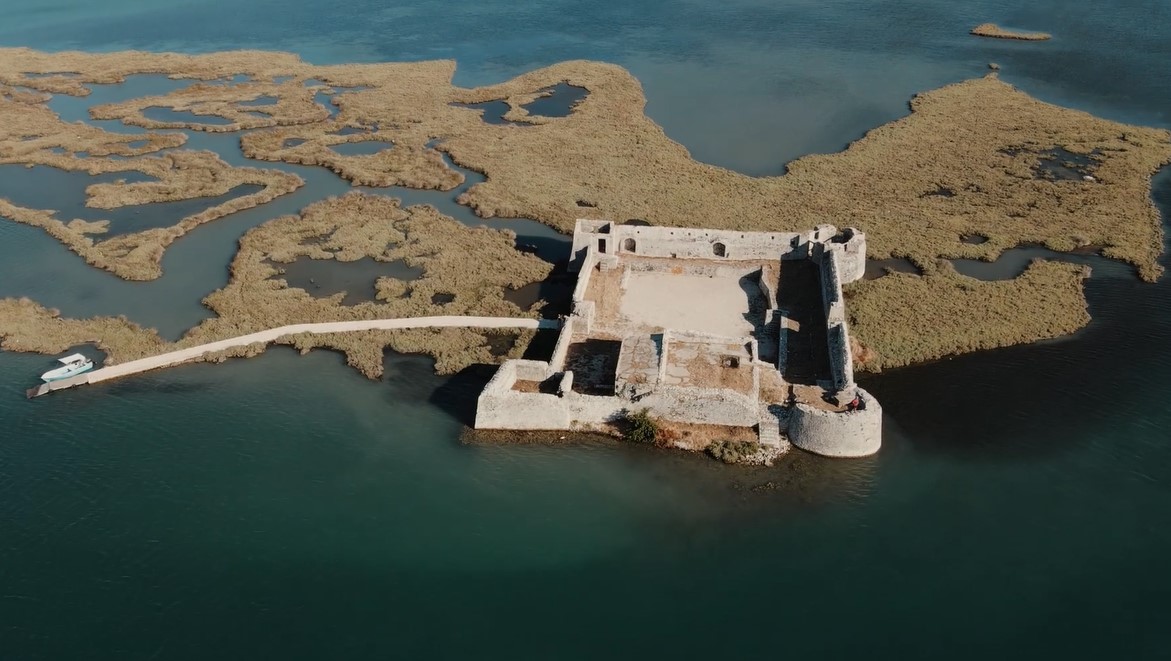Despite some criticism UNESCO approves World Heritage Sites in Albania, but delays decision on Ohrid Lake and demands clarifications on Butrint

During its latest session in New Delhi, the UNESCO World Heritage Committee approved decisions regarding Albania’s World Heritage Sites, including Butrint, Berat, and Gjirokastër. However, the decision on the cross-border Ohrid Lake area shared by Albania and North Macedonia has been postponed until next year.
Context
Regarding Butrint, the committee supported nearly 90% of the points in the decisions made by the Albanian government concerning the establishment of a foundation to manage this UNESCO World Heritage Site. Nonetheless, UNESCO has requested that Albanian authorities submit a map of the Butrint property boundaries, which were altered two years ago by the Albanian government without UNESCO’s knowledge or approval.
UNESCO also demands that Albania’s Ministry of Economy, Culture, and Innovation submit to the World Heritage Property clarifications on current protective regulations and designated uses for all National Park areas related to the protection of World Heritage Property and the role of its buffer zone, as well as on how different management regimes will be harmonized to prevent fragmentation.
Albania is required to provide the World Heritage Center with an updated report on the property’s preservation status and the implementation of decisions, including a detailed action plan with a timeline for addressing recommendations from the 2022 mission, by February 1, 2025.
For Berat and Gjirokastër, UNESCO expressed regret that Albania has not fully implemented the management plan project, which was to be developed in cooperation with the government and civil sector, and funded by the World Heritage Fund. UNESCO noted that a bypass road was constructed in Gjirokastër without meeting UNESCO’s requirements. Consequently, Albania is urged to conduct an urgent and comprehensive independent impact assessment of the project’s effects on Gjirokastër’s heritage.


